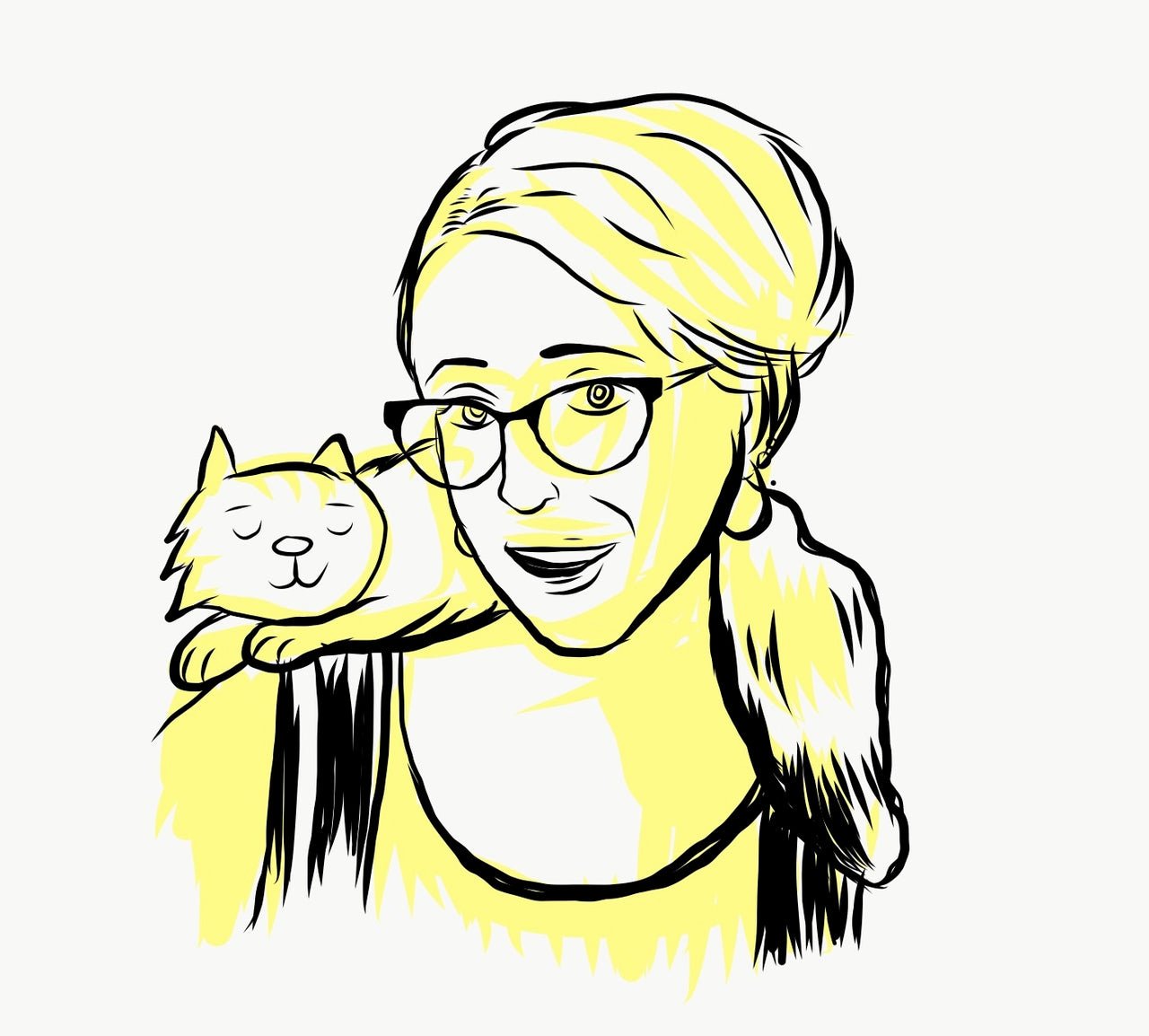Tracked as a potential contributor to a low birth weight in babies, caffeine is among the 3,508 other things mothers are encouraged not to ingest during pregnancy. OK, we grabbed that number out of the air but it's, like, a lot. (No brie? Really?! Inhuman.) But caffeine does function as an effective respiratory stimulant, and so has often been used during neonatal care in hospitals for newborns with respiratory issues.
That may end, however, if this recent Canadian study is corroborated. Scientists dosed infant rats with caffeine and then tracked how it affected them as they grew into adulthood. Comparison trends in the rats who had been dosed with caffeine in infancy showed signs of sleeping disorders as adults: reduced sleeping time, a longer time to reach the first stage of sleep and fragmented non-REM sleep. Additionally, the rats that weren't treated with caffeine had higher breathing at rest than those that were treated with caffeine.
The study reviewers indicated that it is a cause for concern and there will likely be more testing to analyze and determine just what type of neurological and/or developmental effect caffeine has on babies. Since breathing problems are one of the main reasons newborn babies are hospitalized and a primary cause of their death, we hope that determining how caffeine therapy effects the developing brain and then figuring out alternate treatments if necessary is a fairly high priority.
And when they're done with that, they should figure out how to get brie back on the expectant mother menu.


